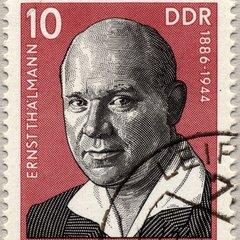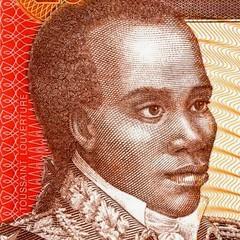Eugene V. Debs Quotes - Page 3
"The Issue". Eugene V. Debs' speech in Girard, Kansas, May 23, 1908.
"Debs: His Life, Writings and Speeches". Book edited by Stephen Marion Reynolds and Bruce Rogers, 1908.
"An Ideal Labor Press". The Metal Worker, May 1904.
Speech at trial, Cleveland, Ohio, 12 Sept. 1918 See Ibsen 16; Sydney Smith 14
"You Railroad Men". Essay by Eugene V. Debs (February 3, 1906); published in Eugene V. Debs "Debs, His Life, Writings and Speeches: With a Department of Appreciations", 1908.







